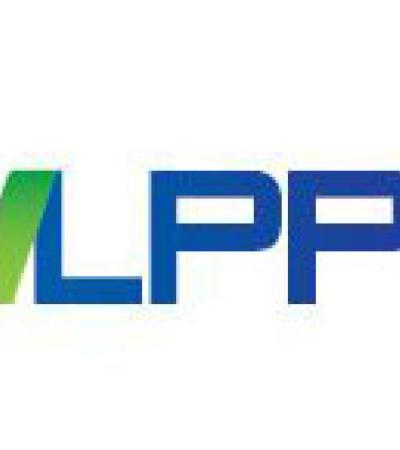"What skills or abilities do you think are necessary to successfully run public programs at libraries?”
More than 1,200 library professionals from all around the country and from all types of libraries weighed in on this question last fall as part of ALA's National Impact of Library Public Programs Assessment (NILPPA) research. As we read their responses, we found nine categories of skills that came up time and again.

Top nine skills for programming
- To do public programs, library workers need communication skills, including customer service, networking, public speaking, facilitation, and “people skills.” Running programs requires talking to all kinds of people in all kinds of contexts.
- Staff working in public programs also need organizational skills. We included two frequent keywords, “project management” and “time management,” in this category.
- Perhaps obviously, event planning skills came up time and again.
- To run programs at libraries, it’s important to have knowledge of the community. That means everything from listening skills and open-mindedness to intercultural and diversity skills. It also includes group-specific competencies like second language skills or knowledge of child development.
- There’s no point in running a program if nobody comes. Outreach and marketing also made the list.
- It’s also important to be creative. Unexpected challenges come up with programs all the time, and quite a few people mentioned “flexibility” and “problem-solving” as essential.
- This job function also requires financial skills: budgeting, grants, and fundraising, depending on how the library functions.
- Many of the library staffers who answered the survey emphasized evaluation skills. To assess the value of programs, library programming staff need to understand statistics, benchmarking, and how to assess a community’s needs and resources.
- Finally, we received many responses pinpointing content knowledge. For example, it’s nearly impossible to run a coding class if you don’t know how to use a computer.
A quantitative analysis generally corroborated the popularity of these categories among the responses.
Library degree programs
We also asked what knowledge or skill areas these people believed should be part of library degree programs. While the skills fit into the same categories, people talked about them in different ways. In particular, they were more likely to emphasize teachable skills rather than personality traits.
For example, many respondents said that “people skills” were necessary for running public programs — but they were more likely to say that “customer service” should be taught as part of the degree.
We’ll see why in our next blog post, when we look at how library staffers learned to run programs.
What do you think?
We would love to add your voice to our research.
- Do you think any of these skills aren’t as important?
- Is there something we haven’t mentioned that you use a lot?
- Do the skills you need change according to library type?



